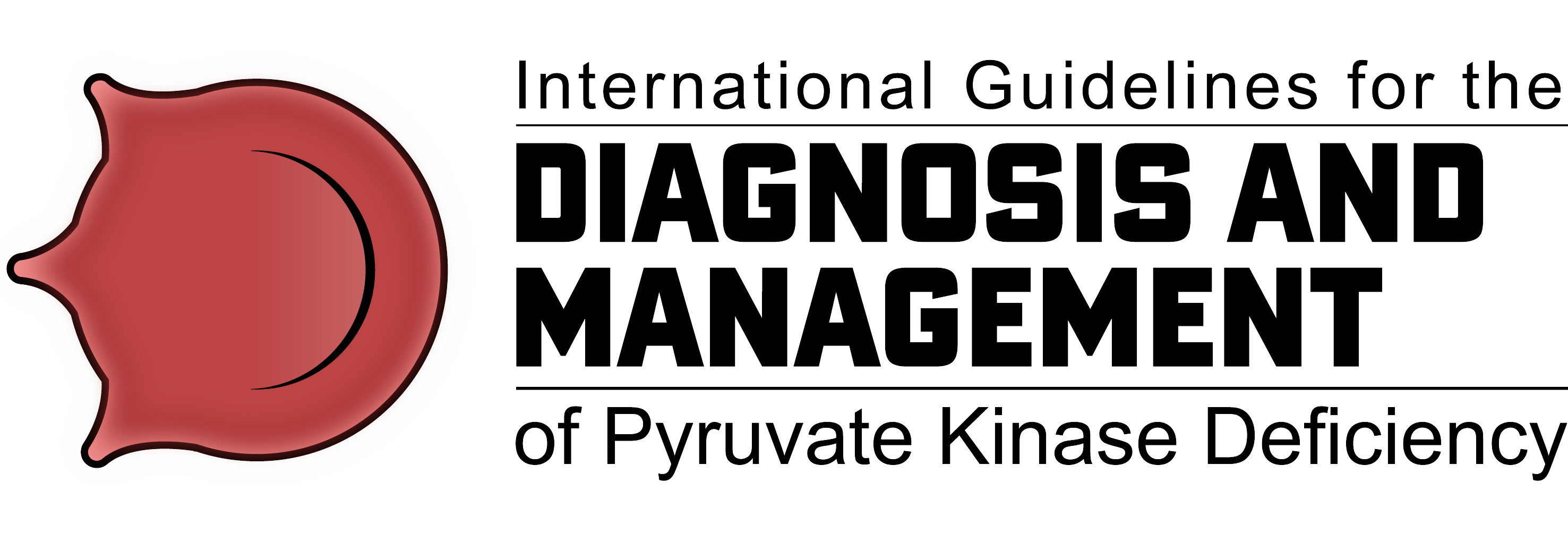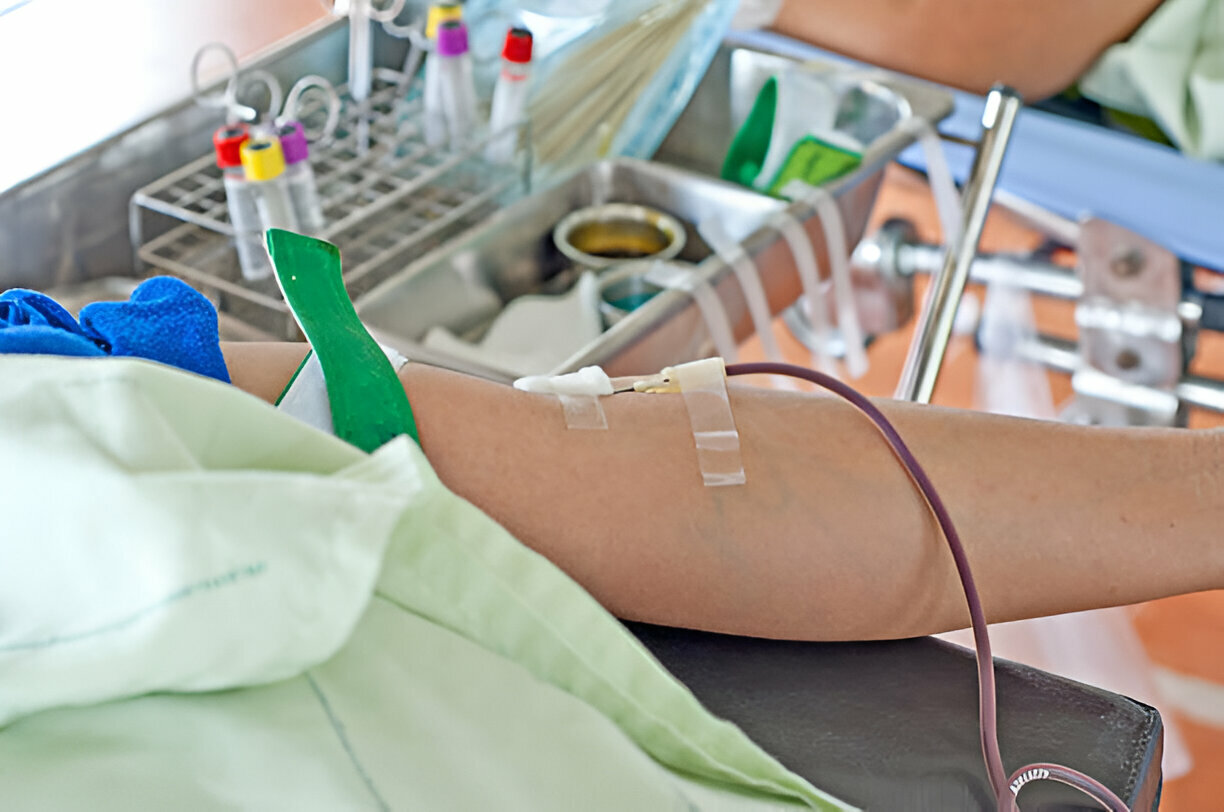Pyruvate Kinase Deficiency (PKD) is an unusual genetic ailment that influences the metabolic route of the red blood cells and, therefore, causes chronic hemic hemolytic anemia. The disease results from mutations in the PKLR gene, which causes the pyruvate kinase, a crucial enzyme in the glycolytic pathway, to be absent. Accordingly, a deficiency of this enzyme causes energy to not be made at an optimal level, and RBCs are more prone to premature destruction in the spleen. For many PKD patients, blood transfusion is the most important part of managing the disease. However, the decision to grant blood transfusions depends on several factors, such as the severity of the anemia, the symptoms, and the overall health status. In this blog, we will cover when blood transfusion is necessary for the PKD group and the benefits it brings.
Understanding Anemia in PKD
The degree of severity of anemia ranges from mild to severe due to changes in the overall pyruvate kinase enzyme activity and some other modifying genetic factors. PKD anemia can develop a lot of issues such as:
- Fatigue and Weakness: This is a direct result of the lack of oxygen in the body due to the reduction of its delivery by the weak products.
- Iron Overload: Consequently, repeated RBC destruction and blood transfusions can lead to iron overloading.
When Are Blood Transfusions Necessary in PKD?
1. Severe or Symptomatic Anemia
Patients with a severe case of anemia (hemoglobin levels greatly lower than normal) may need blood transfusions to recover their oxygen-carrying capability. Symptoms that may lead to suffusion include extreme tiredness, shortness of breath, dizziness, and an inability to perform tasks. In such a case, pyruvate kinase deficiency anemia treatment is said to be necessary.
2. Neonatal Period
A majority of the babies born have a bloodstream that is too low in hemoglobin, and with the help of exchange or regular blood transfusions, it’s easy to maintain the necessary hemoglobin level, and thereby, it’s possible to avoid complications like kernicterus (damage to the brain which results from too much of bilirubin).
3. Growth and Development in Children
The majority of children with PKD are getting late in growth due to long-term anemia thus a worker can choose to send kids for blood transfusions if needed. To back the thinking, anemia can lead to problems such as late infant growth, and blood transfusions could be the only way to prevent the prolonged need for physical development.
4. Before Surgery or Other Medical Procedures
People with PKD who undergo surgery or other invasive medical treatment might need to have blood transfusions before the actual operation. Surgery is a process that requires a lot of oxygen and the appropriate amount of blood hemoglobin reduces the possibility of other maladies such as improper progression of wound healing and organ malfunctions.
5. Pregnancy in Women with PKD
The physical demands of pregnant women with PKD increase. Oxygen, in this case, is the trigger of hypoxia, which induces metal asphyxia and fetal growth restriction and finally, other problems then, may be the reason for oxygen flow, because of the lack of oxygen. Transfusion of blood may be a significant part of maternal and fetal oxygenation. Hence parents of children health PKD should take precautionary measures if they suspect PKD symptoms.
6. Acute Hemolytic Crisis
Certain infections, high temperatures, or an excessive burden on the body can be the three culprits that cause the sudden withdrawal of hemoglobin in a critical situation.
7. Heart-Related Complications
Continuous anemia might be a burden on the heart, which can cause cardiomyopathy or heart failure. Oxygen deficiency due to prolonged anemia needs to be corrected.
Benefits of Blood Transfusions in PKD
Blood transfusions are a major help to PKD patients, for example:
- Immediate Symptom Relief: This is a very quick and sharp increase in energy levels. In this case, sleep may become impossible due to dizziness. In contrast, sleeping may make this patient feel less dizzy.
- Improved Growth in Children: Growth promotes normal development and aids children in increasing their developmental skills, which in turn decreases their fatigue level. Some individuals are misled by facts; hence, you should go through breaking down the myths about pyruvate kinase deficiency.
- Better Tolerance for Surgery and Pregnancy: Adequate oxygen levels in a patient having surgery are supplied by the use of blood transfusions. The same is true for pregnant women. Blood transfusions can provide oxygen to those who need it the most, especially during surgery or childbirth when there is a lot of blood loss.
Conclusion
The reduction of the hemoglobin level in the blood as a result of PKD may cause anemia in the following life stages: pregnancy and surgery. Due to the acute crisis-like nature of the disorder, immediate transfusion is of great necessity. The loss of blood can bring about quick relief, but, all the same, it might result in stomach and constitutional symptoms; hence, the patient’s body will need regular follow-ups with iron levels checked each time in order to monitor the condition of the patient.
If this article helped you, please pass it on to others and stay informed about the latest progress in PKD treatment!

